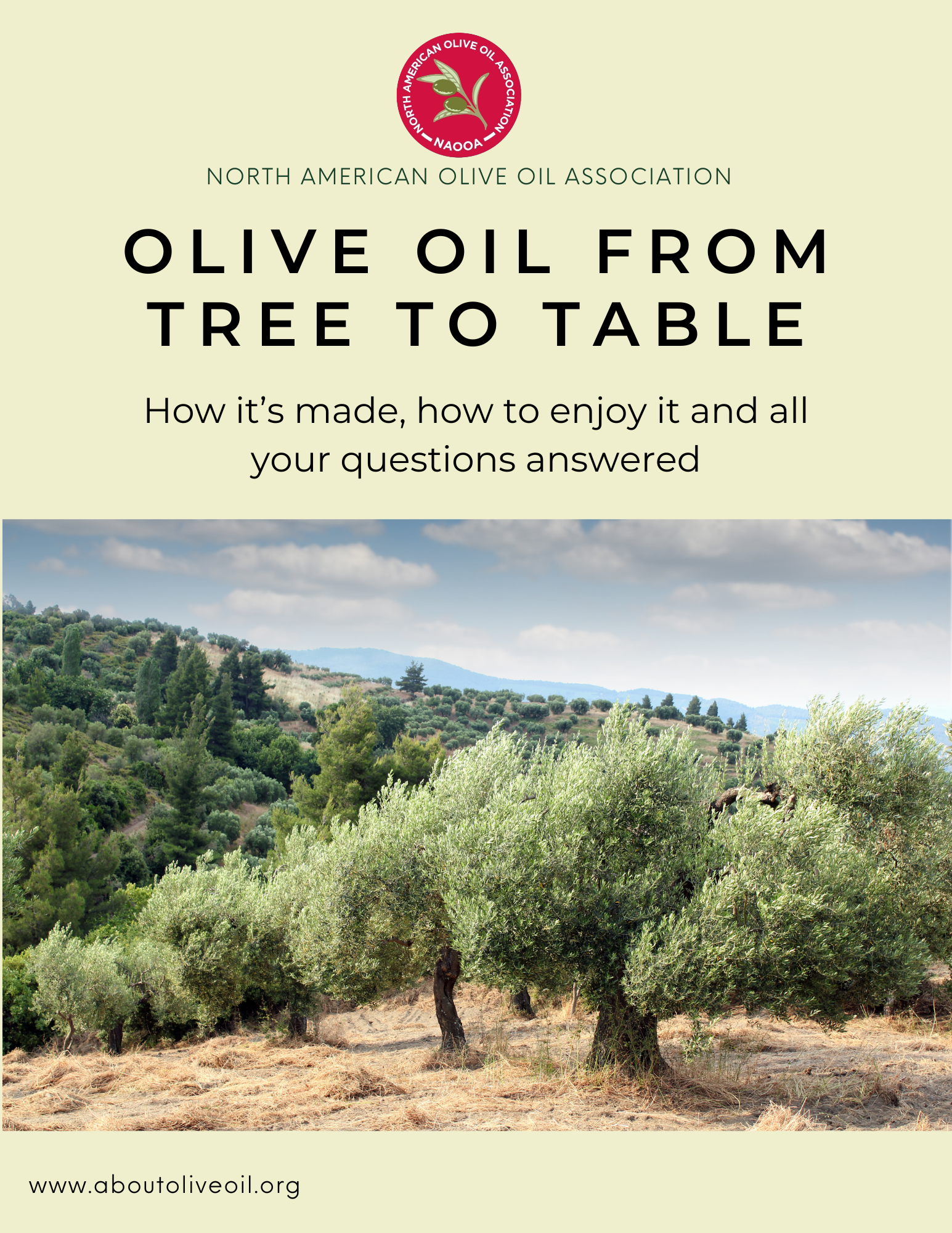April 7th is marked as World Health Day, a time to reflect on our collective commitment to promoting health and well-being worldwide. Established by the World Health Organization (WHO), this day serves as a reminder of the importance of prioritizing health initiatives and fostering healthier lifestyles. The WHO names the Mediterranean diet as a healthy dietary pattern that can contribute to reducing the risk of chronic diseases and enhancing overall well-being.
"Healthy diets are an investment in our societies and economies, and in our children's future. " - Tedros Adhanom Ghebreyesus, Director-General of the World Health Organization.
The Mediterranean diet emphasizes consuming abundant fruits, vegetables, whole grains, legumes, nuts, and seeds, along with a moderate intake of fish, poultry, dairy, and red wine. Central to this dietary pattern is the liberal use of extra virgin olive oil, a culinary gem renowned for its health benefits. These benefits include:
-
Heart Health: Numerous studies have highlighted the cardiovascular benefits of consuming extra virgin olive oil. It is rich in monounsaturated fats, which help lower LDL cholesterol levels and reduce the risk of heart disease. Additionally, its high content of antioxidants, such as polyphenols, may protect against oxidative stress and inflammation, further promoting heart health.
-
Brain Health: The consumption of extra virgin olive oil has also been associated with improved cognitive function and a reduced risk of neurodegenerative diseases like Alzheimer's. Its anti-inflammatory and antioxidant properties may help protect brain cells from damage and support overall brain health.
-
Blood Sugar Regulation: Some studies suggest that olive oil may help regulate blood sugar levels. The monounsaturated fats in olive oil can slow down the absorption of sugars from the bloodstream, preventing spikes in blood sugar levels after meals. This can be beneficial in preventing insulin resistance, a condition that often precedes type 2 diabetes.
-
Weight Regulation: Incorporating olive oil into your diet can support weight management. Research suggests that olive oil consumption does not contribute to weight gain and may even promote fat loss by enhancing satiety and regulating metabolism
-
Anti-inflammatory Effects: Chronic inflammation is linked to various health conditions, including arthritis, obesity, and cancer. Extra virgin olive oil contains compounds that possess potent anti-inflammatory properties, which may help alleviate symptoms and reduce the risk of inflammatory diseases.
Incorporating Extra Virgin Olive Oil into Your Diet
The Mediterranean Diet is incredibly flexible, allowing individuals to incorporate local ingredients, flavors, and culinary traditions while still reaping the health benefits associated with the Mediterranean way of eating. Here are some strategies for adapting the Mediterranean diet to suit diverse cultural preferences:
- Substitute the fats in your recipes with olive oil: In many recipes, the fats and oils can be swapped for extra virgin olive oil (or for a neutral flavor, regular or light-tasting olive oils) in a 1:1 ratio. Regular and light-tasting olive oils contain mostly refined olive oil, with some virgin oil added for a hint of flavor, has the same heart-healthy oleic acid content as extra virgin olive oils. But if you would like to increase the health benefits by adding antioxidants to your dishes, experiment with swapping butter, ghee, or vegetable oils with extra virgin olive oil for the most impact.
-
Incorporate local Ingredients: One of the key principles of the Mediterranean diet is the consumption of fresh, seasonal, and locally sourced foods. Embrace the unique flavors and ingredients available in your region. For example, in Asian cultures, you might incorporate tofu, seaweed, and a variety of Asian greens into your meals, while in Latin American cuisine, you could include beans, avocados, and tropical fruits.
-
Modify Cooking Techniques: While traditional Mediterranean cooking often involves grilling, baking, sautéing, and frying, different cultures have their own preferred cooking methods. Adapt Mediterranean recipes to suit cultural cooking techniques such as stir-frying, steaming, or braising. For example, instead of grilling fish with lemon and herbs, you might prepare a stir-fried fish dish with ginger, garlic, and soy sauce in Asian cuisine.
-
Experiment with Herbs and Spices: Herbs and spices play a central role in Mediterranean cuisine, providing flavor and aroma without the need for excessive salt or unhealthy fats. Explore the herbs and spices commonly used in your cultural cuisine and incorporate them into Mediterranean-inspired dishes. For instance, you could add cilantro, cumin, and chili peppers for a Latin American twist or use coriander, turmeric, and cardamom for an Indian flair.
-
Customize Meal Components: The Mediterranean diet encourages a balanced intake of fruits, vegetables, whole grains, legumes, nuts, seeds, fish, and olive oil, but the specific foods within each category can be tailored to individual preferences. For example, if you prefer quinoa over couscous or lentils instead of chickpeas, feel free to make substitutions that align with your taste preferences and cultural background.
-
Embrace Cultural Traditions: Food is often deeply intertwined with cultural identity and heritage. Honor your cultural traditions by incorporating healthier fats like olive oil where applicable into the traditional dishes from your culture. Especially where you dishes are themselves flavorful, you'll find that extra virgin olive oil will only enhance those flavors. For those dishes that have more delicate flavors, you may wish to use healthy regular or light tasting olive oil instead of the seed oil or other fat that you are currently using.
-
Enjoy Shared Meals and Social Gatherings: The Mediterranean diet is not just about what you eat but also how you eat. Embrace the Mediterranean tradition of enjoying meals with family and friends, fostering social connections and a sense of community around food. Whether it's a potluck dinner, a barbecue, or a festive celebration, gather with loved ones to share delicious and nourishing meals inspired by the Mediterranean diet.
We believe that the whole world can benefit from adding olive oil to their diets. Not only will your food remain just as delicious, but you will also introduce health benefits that will nourish your family. Let's empower ourselves and our loved ones with the gift of good health, one delicious meal at a time.





